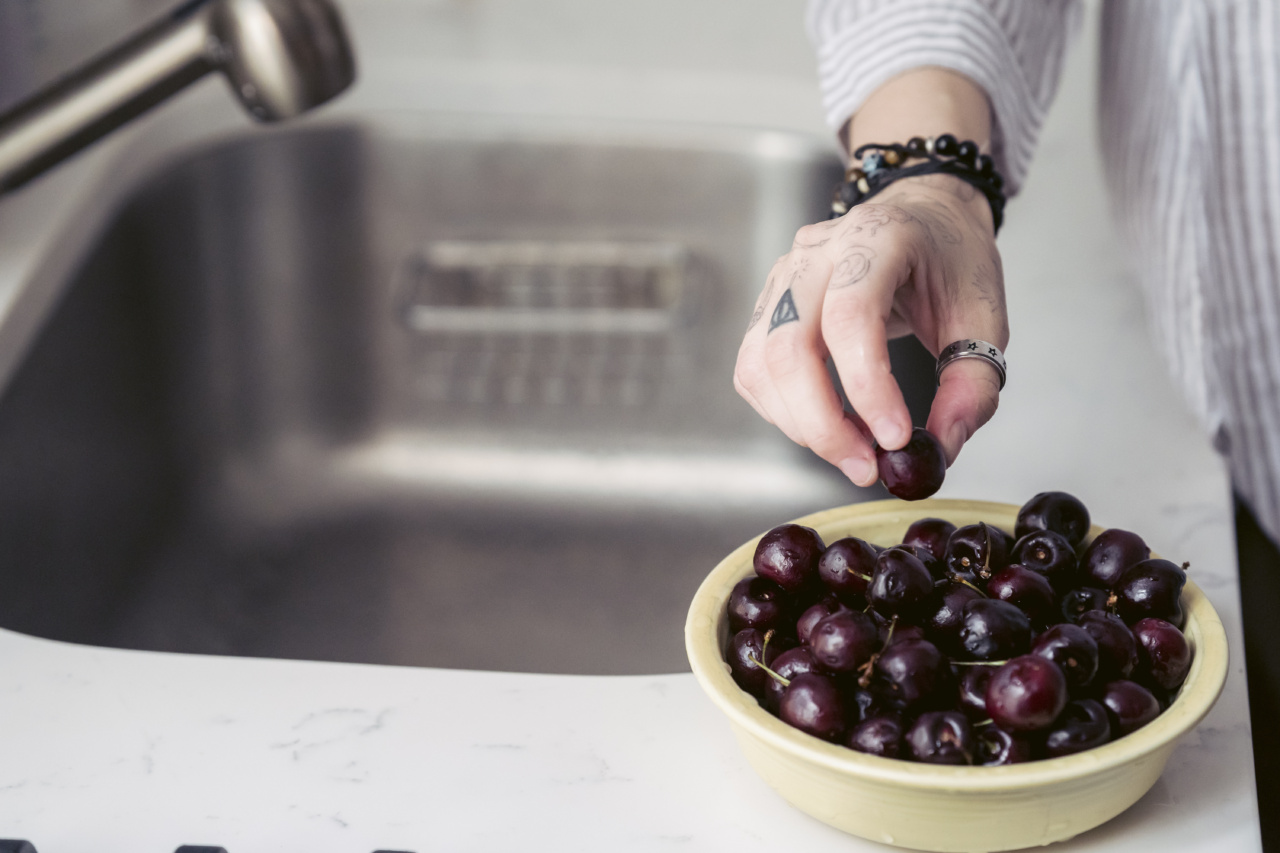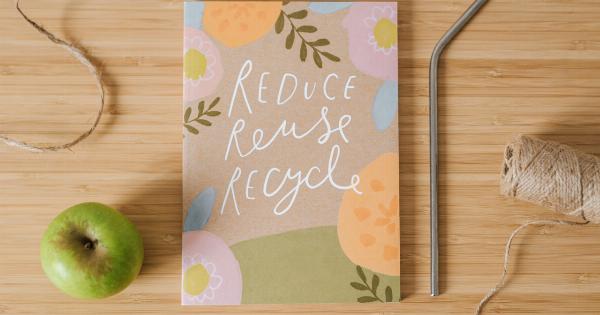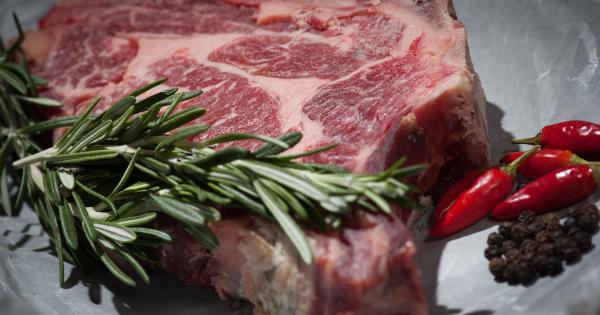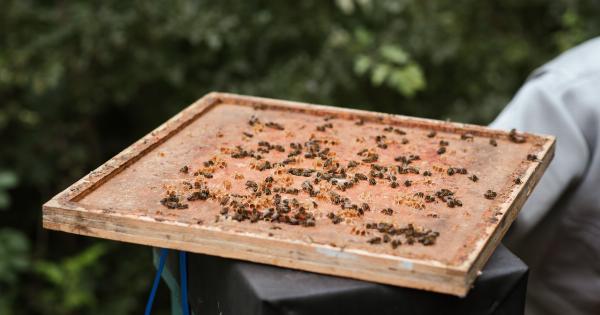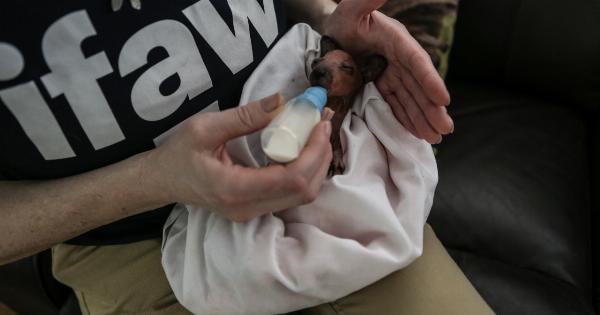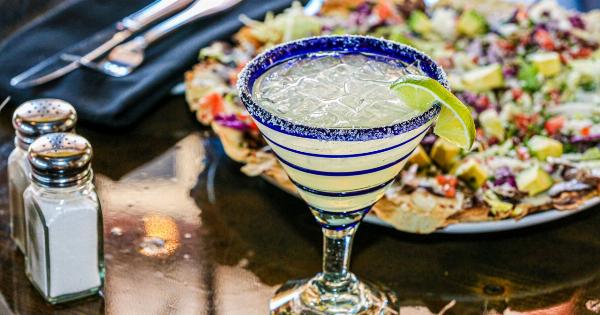When it comes to consuming fruits, many individuals often wonder whether washing them before eating is necessary. While it may seem like a simple and straight-forward question, the answer can vary based on several factors.
In this article, we will discuss the importance of washing fruits, the potential risks associated with consuming unwashed fruits, and provide some practical tips on how to ensure that the fruits you consume are clean and safe.
The Importance of Washing Fruits
Washing fruits before consumption is crucial for several reasons. First and foremost, it helps to remove any dirt, pesticides, bacteria, or other potentially harmful substances that may be present on the surface of the fruit.
Fruits are often exposed to a variety of contaminants during the growing, harvesting, and transportation processes, which can pose a risk to human health if ingested.
Additionally, washing fruits can help to remove any residue from handling, such as oils, waxes, or chemicals that may have been applied for preservation purposes.
By washing the fruit, you can ensure that you are not inadvertently consuming any unwanted substances that may have been introduced during post-harvest handling.
The Risks of Consuming Unwashed Fruits
Choosing not to wash fruits before eating them can expose you to various risks. One of the primary concerns is the potential presence of pesticide residues.
Pesticides are commonly used in conventional farming practices to protect crops from pests and diseases. While the use of pesticides has its benefits in terms of increasing crop yield and preventing losses, it also raises concerns about the potential health effects they may have on consumers.
Studies have shown that pesticide residues can linger on the surface of fruits even after they have been harvested and transported to grocery stores.
Consuming these residues can have both short-term and long-term health effects, including acute poisoning, allergic reactions, and chronic illnesses. By washing your fruits, you can significantly reduce your exposure to these potentially harmful substances.
In addition to pesticide residues, unwashed fruits can also harbor harmful bacteria, including pathogens such as Salmonella or E. coli.
These pathogens can lead to foodborne illnesses, causing symptoms such as diarrhea, abdominal cramps, nausea, and vomiting. Washing fruits thoroughly under running water can effectively remove these bacteria, reducing the risk of foodborne illnesses.
Tips for Washing Fruits
Now that we have established the importance of washing fruits, let’s explore some practical tips to ensure that you are washing them effectively:.
1. Use clean, running water
When washing fruits, it is essential to use clean, running water. Avoid using stagnant water or soaps, as they may leave residues on the fruit’s surface.
Rinsing under running tap water helps to physically remove any dirt or contaminants from the fruit.
2. Scrub with a brush
For firmer fruits like apples or cucumbers, gently scrubbing them with a clean brush can help to remove any stubborn dirt or waxy coatings. Be sure to choose a brush specifically designed for cleaning fruits to avoid damaging their delicate skin.
3. Remove outer leaves or skins
For fruits with an outer layer, such as oranges or bananas, it is advisable to remove the peel or outer leaves before consumption, as they can harbor a significant amount of contaminants.
Peeling the fruit or removing the outer leaves can provide an extra layer of protection.
4. Dry thoroughly before consuming
After washing the fruit, make sure to dry them thoroughly with a clean towel or let them air dry.
Moisture can create an environment for bacteria to thrive, so ensuring that the fruits are completely dry before consumption reduces the risk of bacterial growth.
5. Choose organic or locally grown fruits
Consider opting for organic fruits or those sourced from local farmers who follow sustainable and environmentally friendly practices. Organic fruits are grown without the use of synthetic pesticides, reducing your exposure to pesticide residues.
Additionally, locally grown fruits often have a shorter supply chain, minimizing the chances of contamination during transportation.
Certain Exceptions to Consider
While washing fruits is generally recommended, there are a few exceptions worth considering:.
1. Fruits with inedible skins
Some fruits, like watermelon or cantaloupe, have a tough, rind-like skin that is not consumed. In these cases, the outer surface can be thoroughly washed to remove any dirt or bacteria, but the interior fruit flesh is protected from contamination.
2. Pre-packaged, pre-washed fruits
In grocery stores, you will often find pre-packaged fruits that are labeled as pre-washed or ready-to-eat. These fruits have undergone specific cleaning processes before packaging, making them safe for immediate consumption.
However, it is always advisable to double-check the packaging and ensure that the fruits are handled appropriately.
Conclusion
Washing fruits before eating them is a necessary practice to ensure that you and your family consume clean and safe produce. It helps to remove dirt, pesticides, bacteria, and other contaminants that can pose health risks.
By following simple steps like using running water, scrubbing with a brush, and choosing organic or locally grown fruits, you can reduce your exposure to potentially harmful substances. While there may be a few exceptions where washing is not required, it is always better to err on the side of caution and prioritize your health and well-being.
